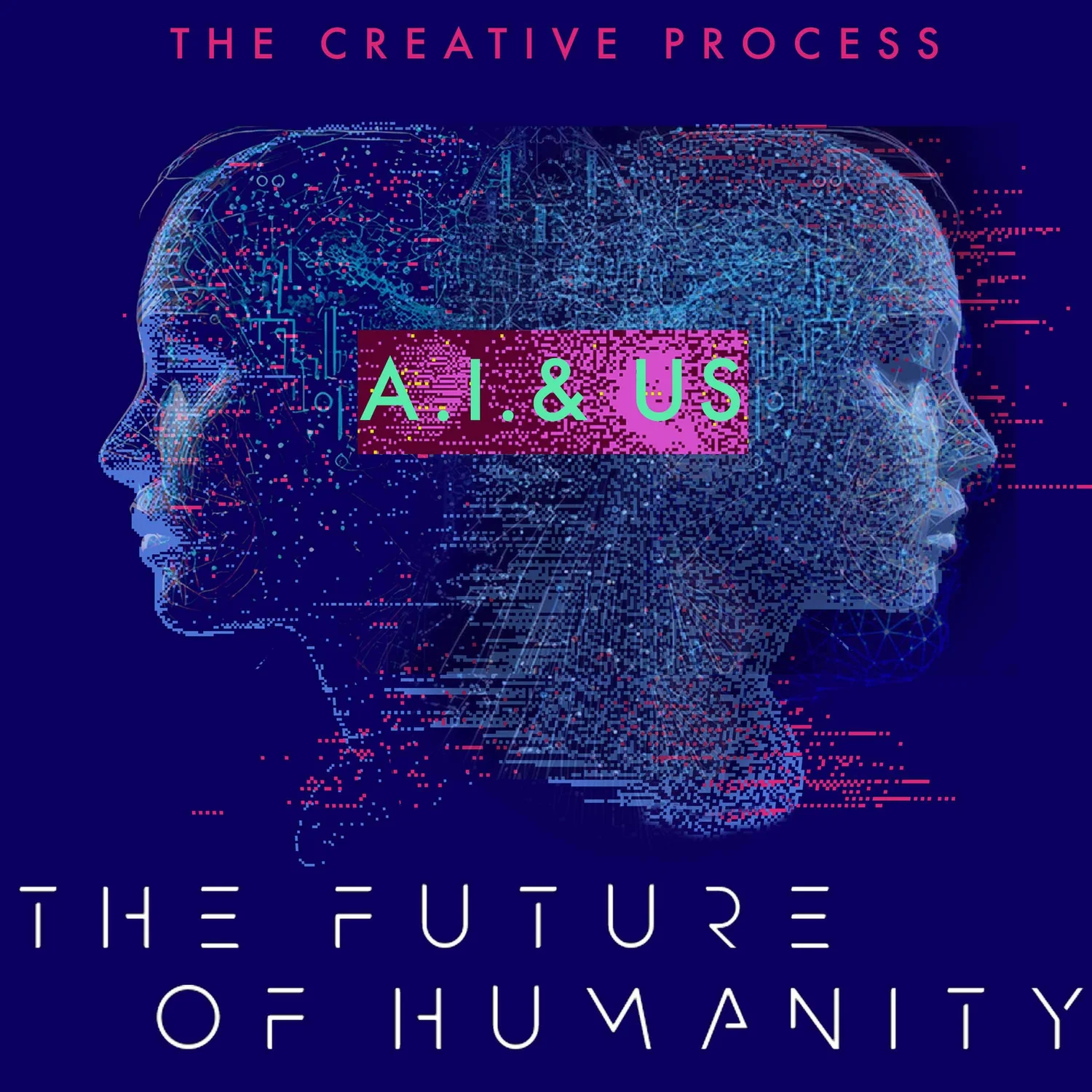
Is Consciousness an Illusion? with Philosopher KEITH FRANKISH

AI & The Future of Humanity: Artificial Intelligence, Technology, VR, Algorithm, Automation, ChatBPT, Robotics, Augmented Reality, Big Data, IoT, Social Media, CGI, Generative-AI, Innovation, Nanotechnology, Science, Quantum Computing: The Creative Process Interviews
Shownotes Transcript
Is consciousness an illusion? Is it just a complex set of cognitive processes without a central, subjective experience? How can we better integrate philosophy with everyday life and the arts?
Keith Frankish is an Honorary Professor of Philosophy at the University of Sheffield, a Visiting Research Fellow with The Open University, and an Adjunct Professor with the Brain and Mind Programme in Neurosciences at the University of Crete. Frankish mainly works in the philosophy of mind and has published widely about topics such as human consciousness and cognition. Profoundly inspired by Daniel Dennett, Frankish is best known for defending an “illusionist” view of consciousness. He is also editor of Illusionism as a Theory of Consciousness and co-edits, in addition to others, The Cambridge Handbook of Cognitive Science.
“Generative AI, particularly Large Language Models, they seem to be engaging in conversation with us. We ask questions, and they reply. It seems like they're talking to us. I don't think they are. I think they're playing a game very much like a game of chess. You make a move and your chess computer makes an appropriate response to that move. It doesn't have any other interest in the game whatsoever. That's what I think Large Language Models are doing. They're just making communicative moves in this game of language that they've learned through training on vast quantities of human-produced text.”
www.keithfrankish.com)www.cambridge.org/core/books/cambridge-handbook-of-cognitive-science/F9996E61AF5E8C0B096EBFED57596B42)www.imprint.co.uk/product/illusionism)
www.creativeprocess.info)www.oneplanetpodcast.org)IG www.instagram.com/creativeprocesspodcast)
